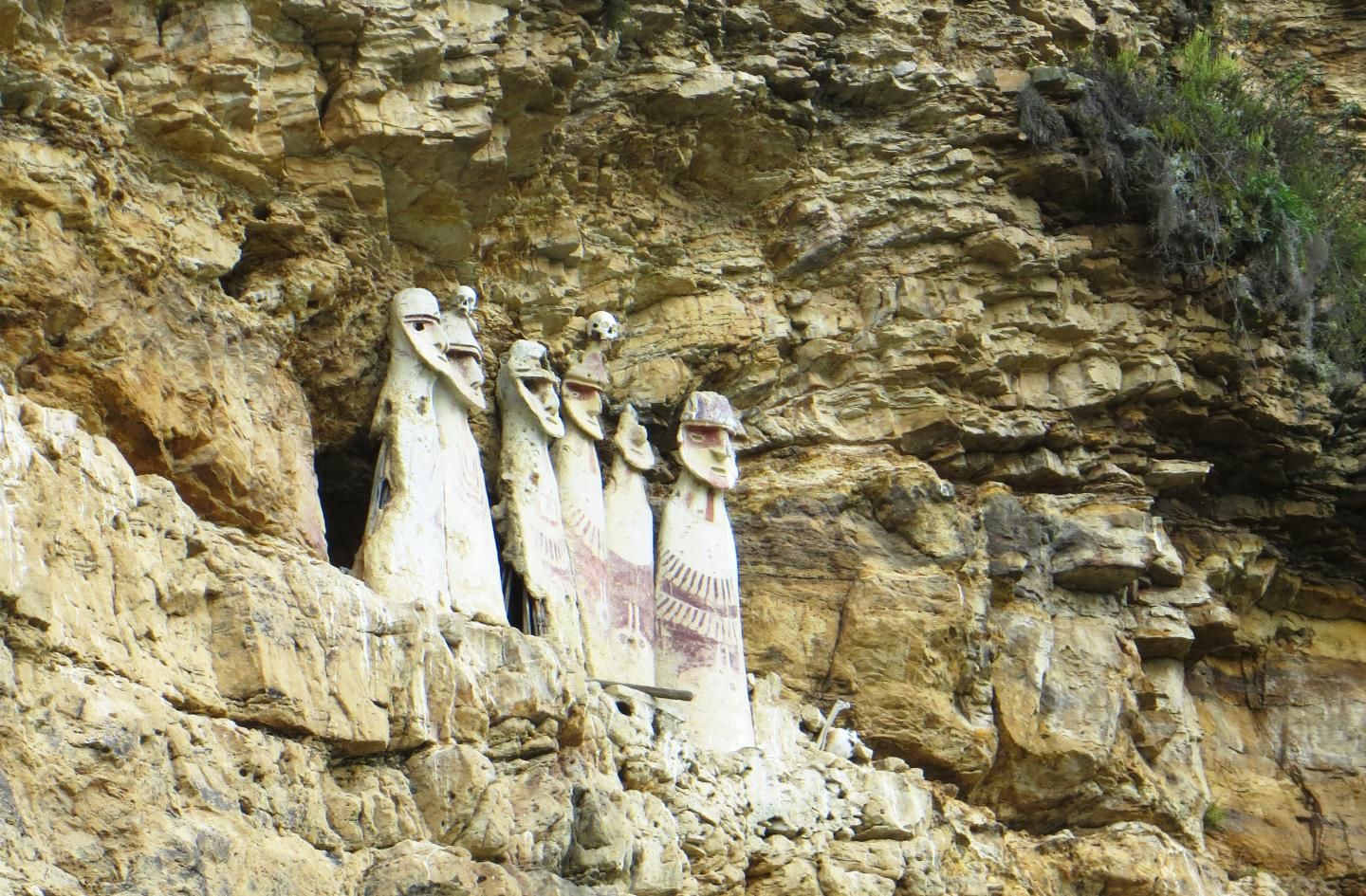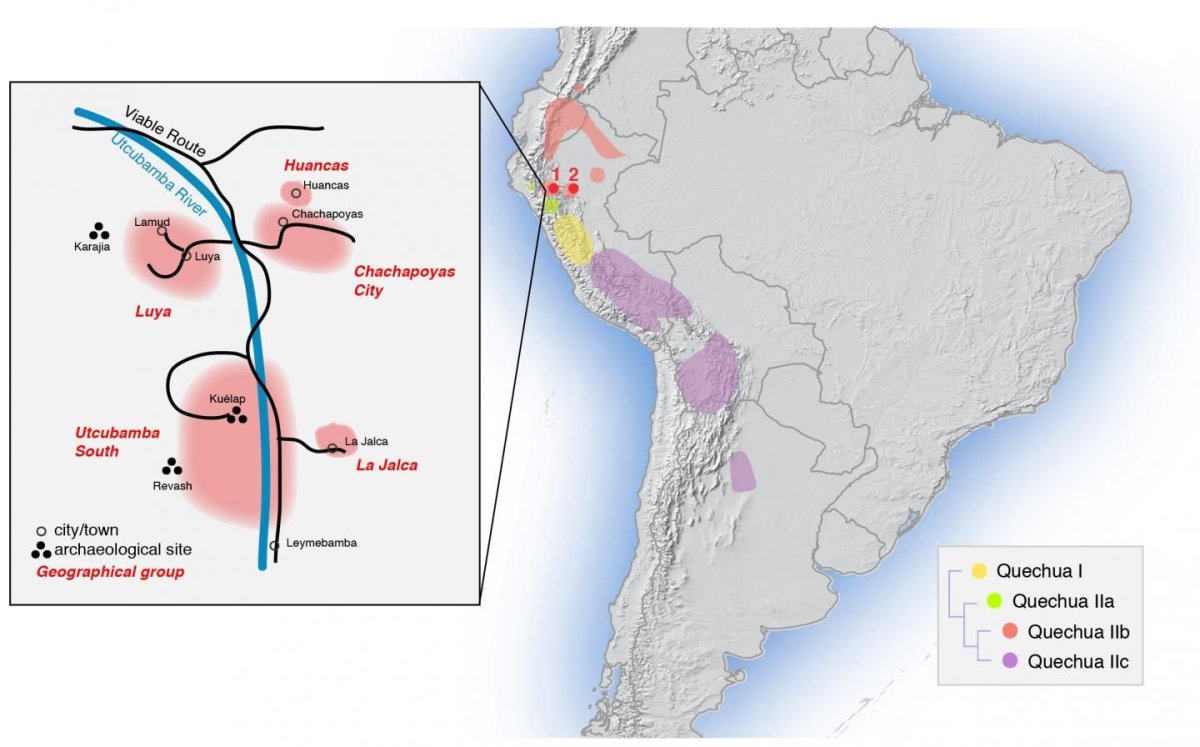
In the late 1400s, the Inca Empire conquered the indigenous Peruvians of the Chachapoyas region and gained the power to spread the version of history they saw fit. According to the Inca accounts, the Chachapoyas population was forcibly resettled and soon faded away. Now, an international team of researchers has found genetic evidence that says otherwise. A new paper describing the findings was published in the journal Scientific Reports.
Today, descendants of the besieged Chachapoyas inhabitants retain distinct pockets of genetic diversity, proving that their ancestors were successful in resisting assimilation into the Empire. Because indigenous Andes populations didn't record written histories, cultures like that of the Chachapoyas region, once known as the "Cloud Warriors," have often been erased by a combination of time and bias.
"Many historical layers contribute to the identity of the Peruvian population and of single individuals, but often the pre-colonial history, together with the native heritage, are somehow dismissed," lead author Chiara Barbieri, a geneticist at the Max Planck Institute for the Science of Human History in Jena, Germany, told Newsweek by email.

The Inca Empire's reach is the reason Quechua is the most common language family in the indigenous Americas today. But the Quechua spoken by those who ultimately proved to be Chachapoyas descendants is distinct from the Quechua spoken in other regions. By pursuing that linguistic bread crumb trail, a team led by researchers from the Max Planck Institute tested 119 DNA samples and found their owners were genetically distinct, too.
"The first main surprise was to find any Chachapoyas Quechua speakers left at all," lead author Paul Heggarty, a linguist at the Max Planck Institute, told Newsweek by email. Previous researchers had told Heggarty they were sure such speakers had all died out.
The team found that the distinct genes were especially prevalent in the male line, meaning passed from father to son. When two men share a Y chromosome profile, Barbieri told Newsweek, it usually means they inherited it from a common ancestor. In this case, the absence of such a shared profile between people in the Chachapoyas regions and neighboring populations indicates they maintained a genetic isolation for an extended period of time. The discovery sets the historical record straight—the Chachapoyas culture was not assimilated by the Incas, but survives to this day.
"There has always been some pride in Peru at the achievements of Andean civilization, but only in recent years has that finally started to rub off into more self-confidence in indigenous inheritance on a personal level (after decades if not centuries of stigma)," Heggarty said. "So any research such as this may hopefully continue to have a drip-drip effect in changing perceptions within the country to be more in favor of indigenous languages and cultures, in those regions where they do survive in Peru."
Uncommon Knowledge
Newsweek is committed to challenging conventional wisdom and finding connections in the search for common ground.
Newsweek is committed to challenging conventional wisdom and finding connections in the search for common ground.
About the writer
Kastalia Medrano is a Manhattan-based journalist whose writing has appeared at outlets like Pacific Standard, VICE, National Geographic, the Paris Review Daily, ... Read more
To read how Newsweek uses AI as a newsroom tool, Click here.








